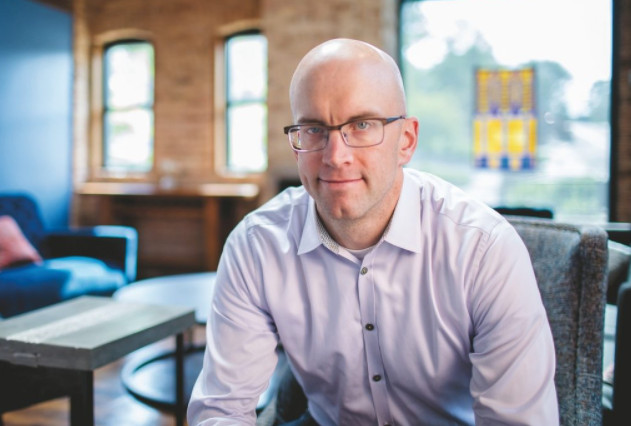What the Oregon Trail Taught Me About Leadership
I went to grade school in the 1980s. And if you’re of a certain age, you remember that going to the computer lab was a big deal back then. In fact, one of my favorite things to do when I earned free lab time was to play The Oregon Trail. My buddies and I competed, as only pre-adolescent boys can do, by seeing who could race towards Oregon the fastest. But none of us ever made it close to Oregon’s Willamette Valley. We pushed our digital families to the extreme, usually ending in their in-game demise of some disease like dysentery.
I shouldn’t be surprised that my own boys (who now play the game on an iPad!) basically do the same thing I did back in the 80s. They push their crews fast, ignore the health warnings, and laugh when their characters give out. After watching this for long enough, I decided to give the game a try as an adult.
The first decision I made was on the crew. I ensured the crew had diverse backgrounds and talents. I read each character’s profiles, ensuring I had people who could fix things, socialize, and even negotiate. Next, I made sure to buy extra medical supplies and food for the journey. After all, I thought, you never know what kinds of obstacles are going to come up on the Oregon Trail!
As I started the game, I chose “walking” as our pace because I didn’t want to burn anyone out. I also made sure to allow our team to rest whenever the computer gave me the option. I even had the team stop and talk to people on the journey so that my “social health” indicator stayed green.
About an hour later, with my crew all still healthy and progressing toward Oregon, my son said to me, “You’re good at this game!”
The Leadership Lesson
What I learned from this gameplay was three things:
First, I learned that to do well in the game, you must lead people well. In short, that means you ensure they’re fed, that they have medical supplies, and they can take breaks and rest when they need to. Additionally, you must ensure there’s enough social interaction for everyone to stay engaged and healthy. And in case you miss the implication, this is exactly how you lead people in real life as well!
Second, understanding the “how to” of leading others is only the first part of it. The most important part is actually doing it. That means helping your team slow down when they get tired, and providing opportunities for social interaction when it’s needed — along with countless other things that you have to observe and act upon. This all takes awareness and a desire to help people.
Lastly, to do all the above, you have to lead yourself well. It’s often easier to do these things for others than for yourself. But pushing yourself past fatigue, failing to rest, and neglecting to make time for social interaction will negatively impact your health — all things that can make you sick and make you less effective in leading others.
So how can you apply the above lessons to your leadership as we enter the summer months? Think about these questions:
Do you need to provide your team with opportunities to socialize?
Do you need to provide your team with opportunities to rest?
Or do you need to focus on yourself?
Do you need to socialize?
Do you need to rest?
The start of summer is a good time to take this quick assessment so that you can stay on track for the second half of the year.
What the Oregon Trail Taught Me About Leadership Read More »











